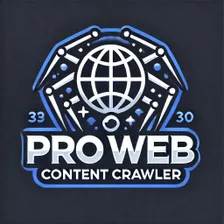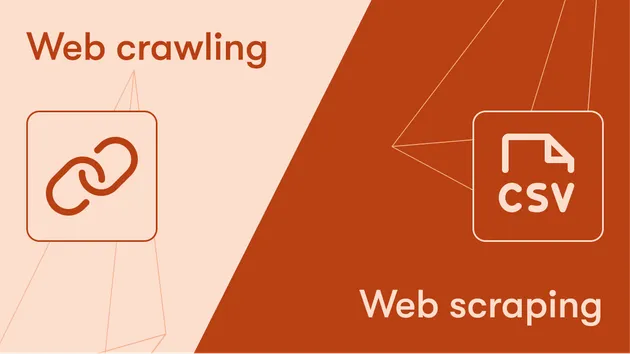Pro Web Content Crawler (With Images)
Pricing
$30.00 / 1,000 results
Pro Web Content Crawler (With Images)
Pro Web Content Crawler is a powerful tool that digs deep into web content and images. It handles complex sites, dynamic pages, and hidden content, making it perfect for extracting both data and images. Customizable and API-ready for your unique data needs.
Pricing
$30.00 / 1,000 results
Rating
5.0
(2)
Developer

Gideon Nesh
Actor stats
4
Bookmarked
237
Total users
8
Monthly active users
9 months ago
Last modified
Categories
Share


